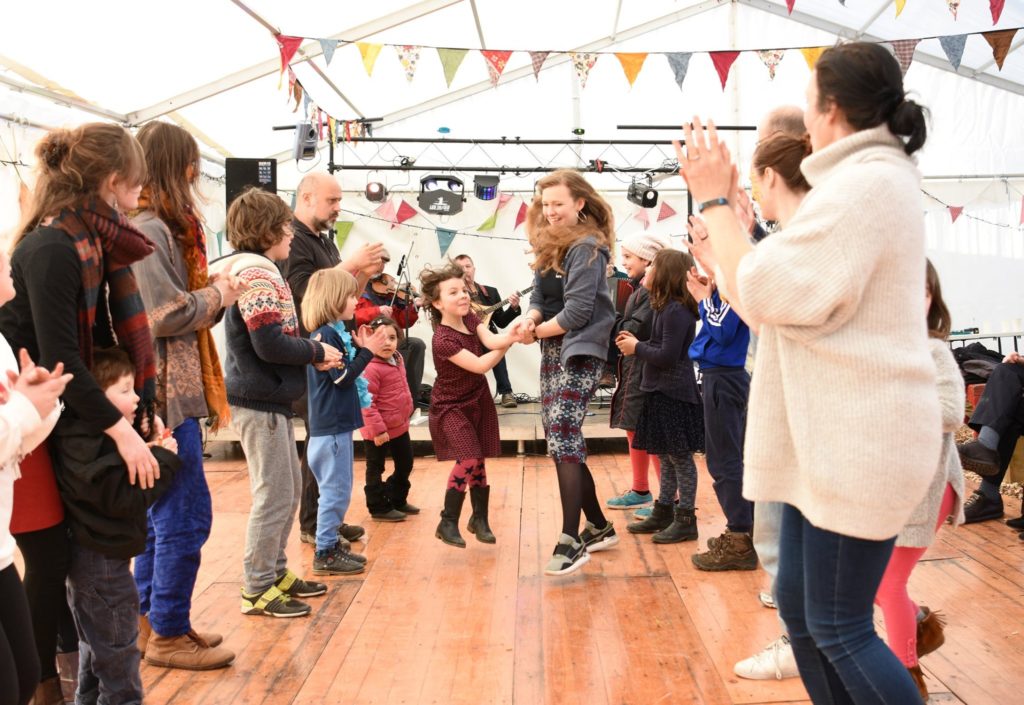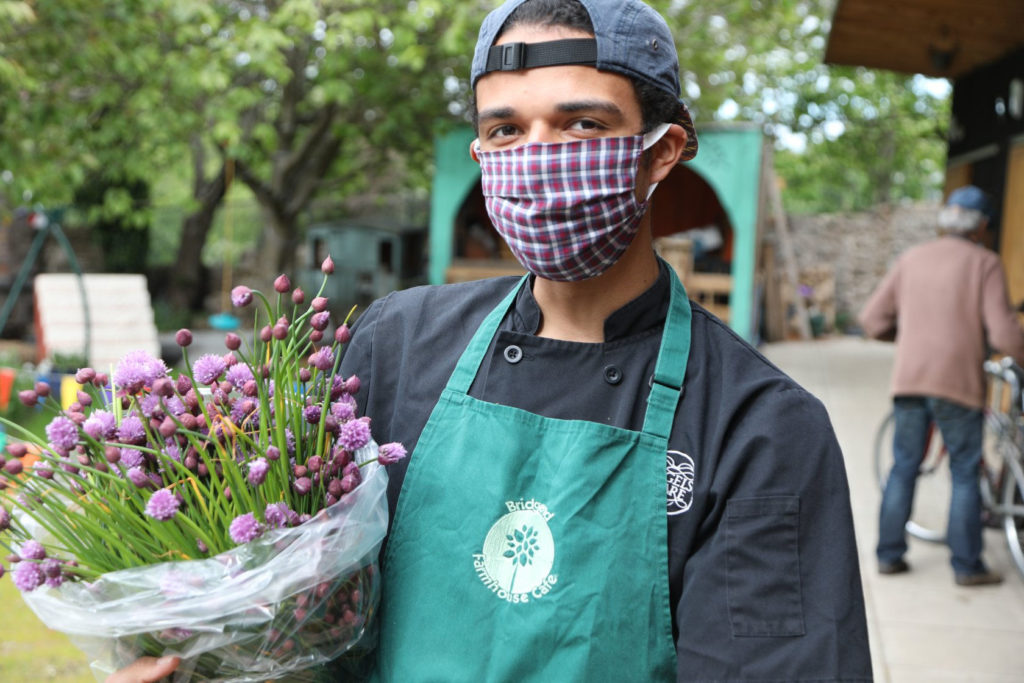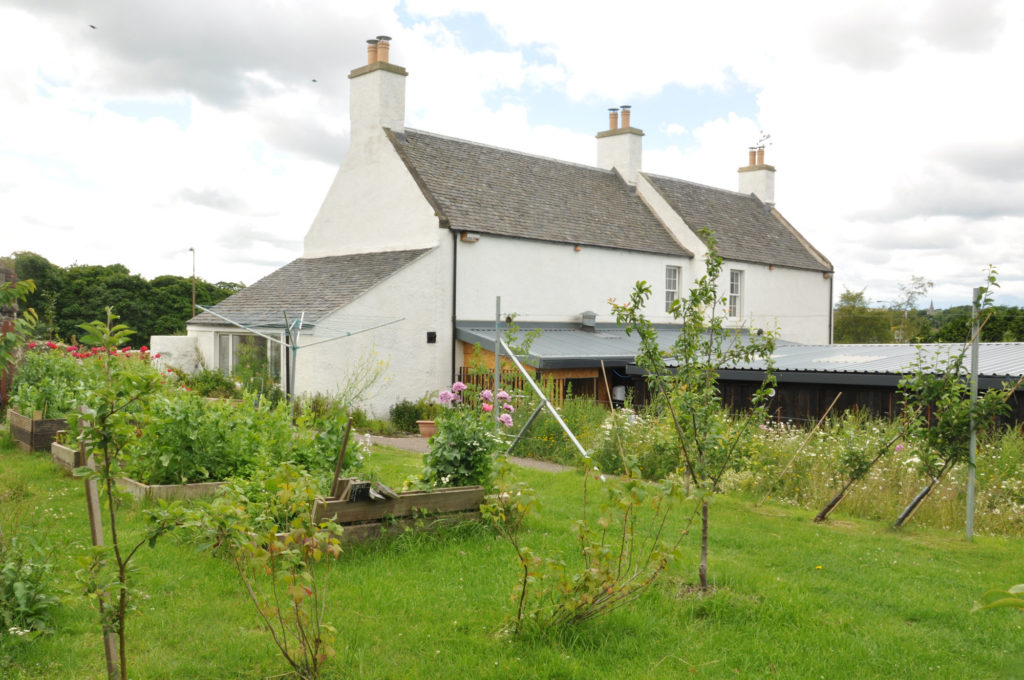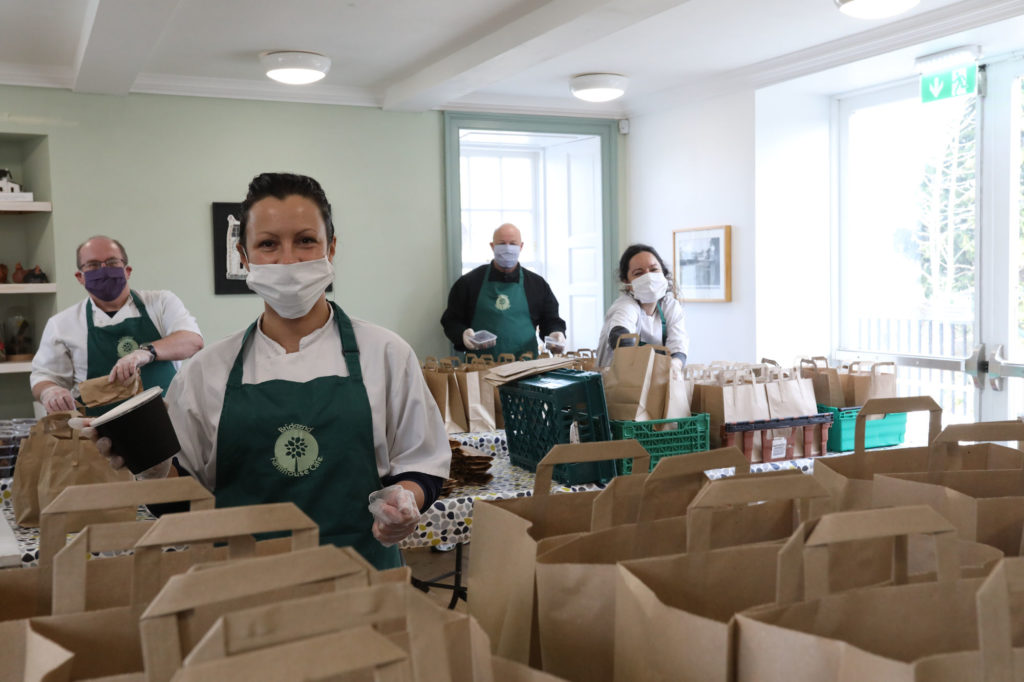Leading for change
Nigel Turner (1976) has spent his career running charities that address some of the biggest health and social challenges in our society, and in his spare time he fundraises for the Teenage Cancer Trust. Here Nigel tells us what sowed the seeds of a lifelong commitment to tackling the effects of social inequality.
Browsing in the College library one gloomy afternoon in my first year at St John’s, I become engrossed in a tome on human information processing, and the seed was sown for my subsequent specialisation in psychology. Alongside my academic journey, I also undertook a moussaka-fuelled cycle ride from the Corner House in King Street to the social club at Fulbourn Psychiatric Hospital each week, where I developed both compassion for, and fascination with, people who lived in a mental world very unlike my own.
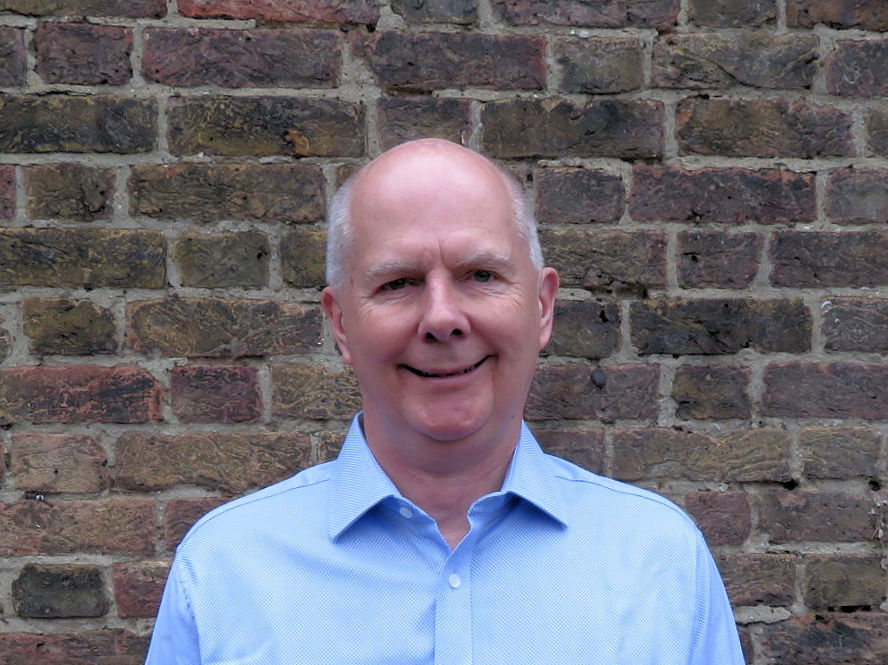
After graduating I worked at Fulbourn as a nursing assistant, and I came face to face with the dehumanising and degrading institutionalisation that was rife in long-stay hospitals at that time. And ‘long-stay’ was not a misnomer; one person I supported in 1980 had been admitted in 1919 with shell shock from World War I. A lifetime of – for all intents and purposes – imprisonment because he developed post-traumatic stress disorder in the service of his country. This sowed another seed: a deeply buried but simmering rage at the injustice and inequalities that exist just beyond the periphery of the world in which the majority of the population lives.
For me, the bright lights of London and an MSc at Imperial College beckoned. The Master’s course subsequently evolved into an MBA, which underpinned my later leadership roles. However, when I finished the course my immediate priority was to find a job to pay the rent, and I took a scattergun approach of applying for a diverse range of opportunities, taking the first one I was offered. I am afraid that I therefore have nothing to offer today’s undergraduates who may be inclined towards a carefully curated career.
My simmering rage at injustice tends to surface when confronted with the health inequalities that exist in our country
I worked for a small charity that ran shared houses for people who had been street homeless. Then I was appointed to set up and manage a residential home in the middle of Brixton for people with mental-health support needs. 1985 saw rioting and street battles resulting from the shooting of an innocent black person by the police, and in some ways 2020 was a year of déjà vu. I remain indebted to my black colleagues at the time for explaining and sharing their experiences of everyday racism, something not included in my Master’s studies.
I went on to run larger charitable organisations providing social care services. Initially, much of this work was providing community services for people leaving long-stay hospitals, which were finally being closed down. As chief executive I was a jack of all trades and master of none, mainly learning on the job as my organisations grew. In recent years though I have had the opportunity to share my expertise and to promote the cause of social justice through non-executive and trustee roles.
My simmering rage at injustice tends to surface when confronted with the health inequalities that exist in our country. For a baby girl born in the 10% most deprived areas of England, her life expectancy is 7.6 years less than had she been born in one of the 10% least deprived areas; for boys the difference is 9.5 years. Also, people born in the more deprived areas will spend a higher proportion of their shortened lives in poor health compared with their least deprived compatriots. Between April and July 2020 the COVID-19 mortality rate in the most deprived was more than twice that in the least deprived areas.
What is the driver for these health inequalities? Peoples Health Trust, where I am a trustee, believes that social and economic determinants are key. Work of the Institute of Health Equity shows that access to strong social support structures protects our health and increases the likelihood of a long and healthy life. Using money raised under the Health Lottery brand, the charity funds projects that build social connections and collective control.
Photos: Eric Fernandez-Baca
One such project, among the 3,100 that have received £118m since 2011, is Bridgend Farmhouse in South Edinburgh. This is a community-owned and -run charitable organisation that bought and developed a once-abandoned farmhouse and, through the community getting together, transformed it into a hub and learning centre. Like many projects we fund, it rose to the challenges of the pandemic, and during the first lockdown it was delivering 1,000 emergency food parcels a day to local self-isolating residents and others who had been unable to access healthy, nutritious food.
Having served the maximum nine years at Peoples Health Trust, I’m moving on to become Chair of Self Management UK, a charity that runs training for people with long-term health conditions. This is about people taking control of their lives and their health, with emerging evidence demonstrating that this also reduces pressure on GPs and hospital services.
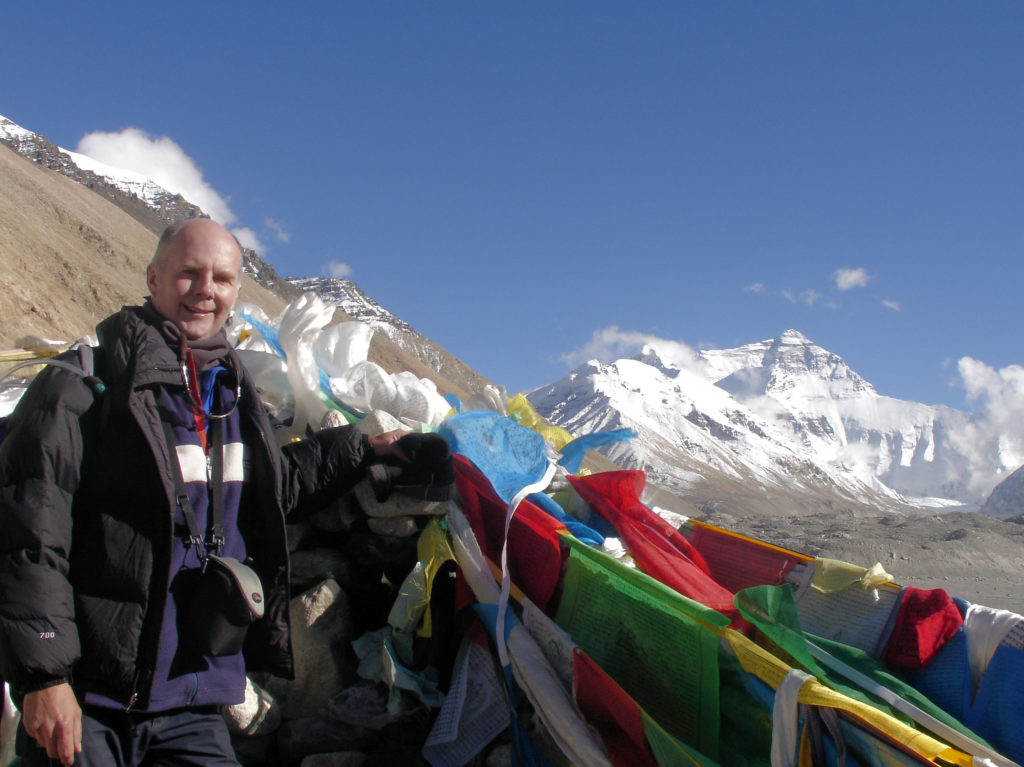
One piece of advice I would give fellow Johnians is to get involved with another organisation, even with the pressure of a full-time job and perhaps family responsibilities. It gives an added perspective on issues. And in the case of my trekking to raise funds for Teenage Cancer Trust, it also provides a reason to stay reasonably fit. Since 2003 I have undertaken 18 treks, taking me to Everest base camp in Tibet, Machu Picchu and the summit of Kilimanjaro.
It has been great to reconnect with the College in recent years. The motto ‘once a Johnian, always a Johnian’ has taken a few decades to sink in, but now, once again, I feel part of a diverse and thriving community.
